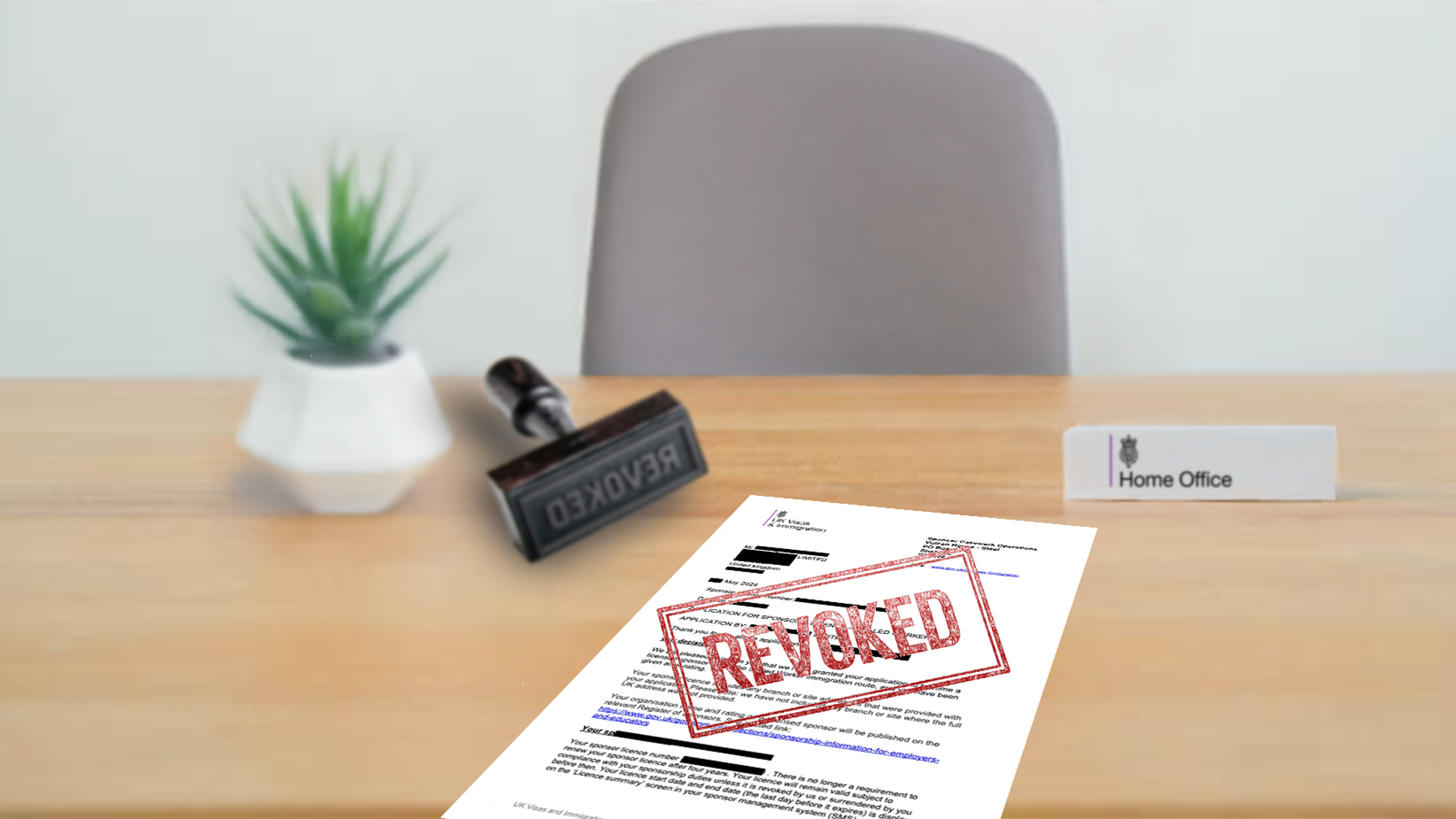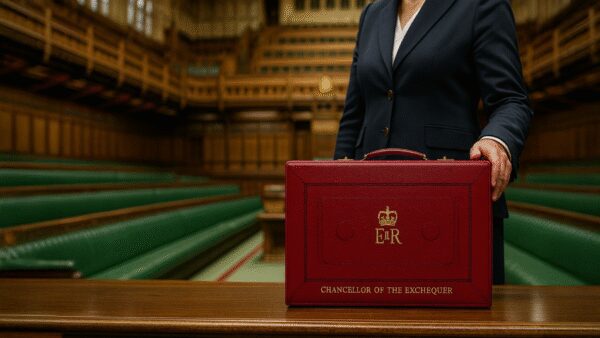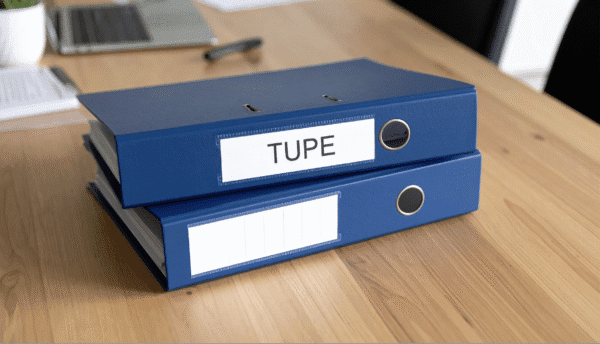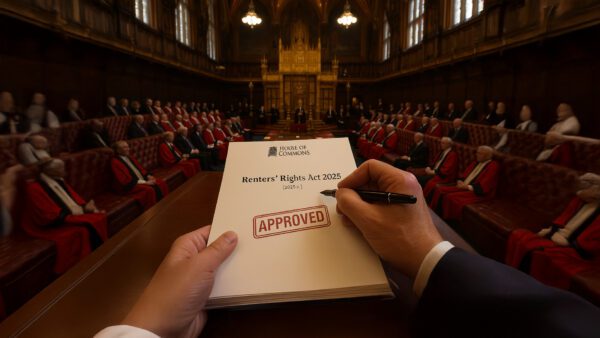Holding a Sponsor Licence is a significant responsibility for UK businesses employing skilled workers from overseas. The Home Office imposes strict compliance requirements on sponsors, and failure to meet these obligations can result in sponsor licence revocation. This can have severe consequences, including the loss of a business’s ability to employ migrant workers, reputational damage, and, in some cases, financial penalties.
If your sponsor licence is at risk of revocation- or has already been revoked- it is essential to act immediately to mitigate the impact on your business and your sponsored employees. At Quastels, we provide urgent legal assistance to businesses facing compliance investigations and sponsor licence revocation, helping them protect their workforce and maintain their operations.
Understanding Sponsor Licence Revocation
A sponsor licence may be revoked when the Home Office determines that a business has failed to meet its compliance obligations. Unlike suspension, which allows a business time to correct compliance issues, revocation is final, and there is no right of appeal. This means that businesses must take proactive steps to prevent revocation and, where necessary, challenge the decision through alternative legal remedies.
Common Reasons for Sponsor Licence Revocation
The Home Office may revoke a sponsor licence for several reasons: including:
1. Non-Compliance with Sponsor Duties
Sponsors are required to maintain rigorous compliance standards, including:
- Keeping accurate records of employee work status and right to work documents
- Reporting relevant changes in sponsored employees’ circumstances
- Ensuring that sponsored workers meet the requirements of their visa category
Failure to meet these obligations can lead to revocation.
2. Failure to Pass a Home Office Compliance Audit
The Home Office conducts unannounced audits to assess whether businesses are meeting their sponsorship duties. A failed audit- due to poor record-keeping, an inability to provide required documentation, or a lack of proper HR systems- can result in immediate revocation.
3. Employing Workers Without the Right to Work
Hiring employees who do not have legal permission to work in the UK can lead to civil penalties, reputational damage, and the revocation of a sponsor licence.
4. Abuse of the Sponsorship System
If the Home Office determines that a business is using its sponsor licence for fraudulent purposes- such assigning Certificates of Sponsorship (CoS) to non-genuine workers- the licence can be revoked immediately.
5. Salary or Job Role Non-Compliance
Sponsored employees must be paid the minimum salary set out in their visa requirements and must be working in the role specified in their CoS. Any deviation from these requirements without proper notification to the Home Office may result in revocation.
Immediate Steps to Take After Sponsor Licence Revocation
If your sponsor licence has been revoked, immediate action is necessary to protect your business and employees. The following steps can help mitigate the impact:
1. Assess the Grounds for Revocation
The Home Office will issue a revocation letter detailing the reasons for its decision. It is crucial to carefully review this letter to understand the specific compliance breaches identified.
2. Seek Urgent Legal Advice
Given that the sponsor licence is final with no right of appeal, it is essential to seek expert legal assistance immediately. At Quastels, we assess the strength of your case and advise on the most appropriate course of action, including:
- Judicial Review- If the revocation was unlawful or procedurally unfair, it may be possible to challenge the decision through a Judicial Review in the High Court.
- Fresh Sponsor Licence Application- In some cases, it may be possible to reapply for a sponsor licence after addressing compliance issues.
3. Communicate with Affected Employees
Once a licence is revoked, all sponsored employees lose their right to work in the UK and must either:
- Find a new sponsor within 60 days, or
- Leave the UK at the end of their visa curtailment period
Employers should communicate openly with affected employees and provide support in exploring alternative options.
4. Conduct an Internal Compliance Review
If there is an opportunity to challenge the decision or reapply in the future, it is essential to address the issues raised by the Home Office. This may involve:
- Implementing improved HR systems and compliance procedures
- conducting internal audits to ensure proper record-keeping
- Training staff on sponsorship compliance obligations
Can a Sponsor Licence Be Reinstated?
While there is no direct right of appeal against revocation, businesses may explore the following options:
- Judicial Review- If the revocation was unlawful or based on incorrect evidence, a challenge may be brought in the courts. Judicial Review is a complex legal process, but in cases where the Home Office has made errors, it can result in the decision being overturned.
- Fresh Sponsor Licence Application- If the business can demonstrate that is has addressed previous compliance issues, it may be possible to submit a new sponsor licence application. However, this is generally not permitted for at least 12 months after revocation, unless there are exceptional circumstances.
Preventing Sponsor Licence Revocation
Prevention is always better than remedy. Businesses should adopt a proactive approach to compliance to minimise the risk of licence revocation. Key best practices include:
1. Conduct Regular Compliance Audits
Regular internal audits can help identify potential compliance issues before they become serious problems. This includes ensuring that all employee records are up to date and that reporting duties are being met.
2. Maintain Robust HR Systems
A well-organised HR system is critical for tracking sponsored employees’ visa statuses, work conditions, and reporting obligations. Digital compliance tracking can help businesses manage this more effectively.
3. Prepare for Unannounced Home Office Audits
The Home Office has the authority to conduct unannounced compliance visits. Businesses should ensure they are always audit-ready by maintaining complete and accessible records.
4. Ensure Employees Are Aware of Compliance Obligations
HR teams and line managers should be trained in sponsor licence compliance requirements to ensure the business is fully aligned with Home Office regulations.
How Quastels Can Assist
At Quastels, we provide specialist legal support to businesses facing sponsor licence revocation. Our services include:
- Urgent legal representation for businesses challenging revocation decisions
- Judicial Review applications in cases of unlawful Home Office decisions
- Sponsor Licence compliance audits to prevent future issues
- Strategic advice on reapplying for a licence after revocation
Our team has extensive experience in navigating the complexities of UK business immigration law, ensuring that our clients remain compliant and protected from enforcement actions.
Conclusion
Sponsor licence revocation is a serious issue that can significantly disrupt a business’s operations and workforce. Given the lack of a formal appeal process, businesses must act quickly to assess their options, seek legal advice, and take corrective measures.
At Quastels, we provide immediate assistance to businesses facing revocation, helping them protect their workforce, challenge unfair decisions, and implement compliance solutions to prevent future issues.
If your sponsor licence has been revoked- or if you are concerned about compliance risks- contact us today for expert legal support.









